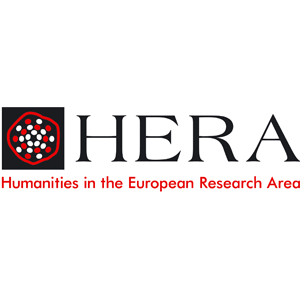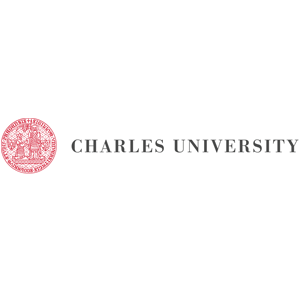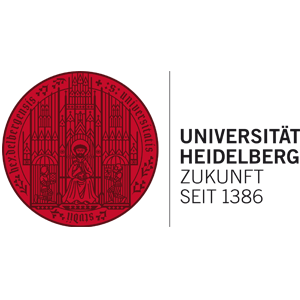News
The Political and Religious Role of Musical Traditions
How did the concept of a “musical past” develop between the late Middle Ages and Early Modern Age? This question is the focus of a European research team that includes music scholars from Heidelberg University.
“Based on new types of notation for polyphonic music, a new form of large-scale, retrospective music collections arose in 13th-century Paris in which repertoire was canonised. We want to examine how musical traditions up to the 16th century were exploited in various political and religious contexts by the cultivation of ‘old’ or even archaic styles and repertoires”, explains Prof. Dr Inga Mai Groote of the Heidelberg University Department of Musicology.
The Heidelberg working group will focus particularly on examples from Protestant Germany, where older repertoires such as Gregorian chant were still used quite deliberately in spite of innovations in the liturgy and musical practice.







